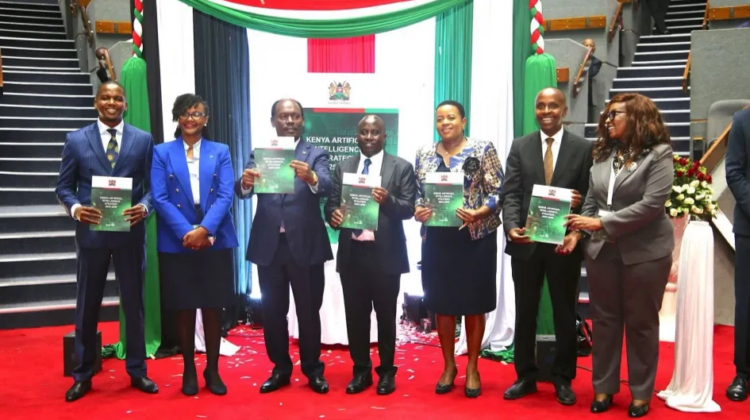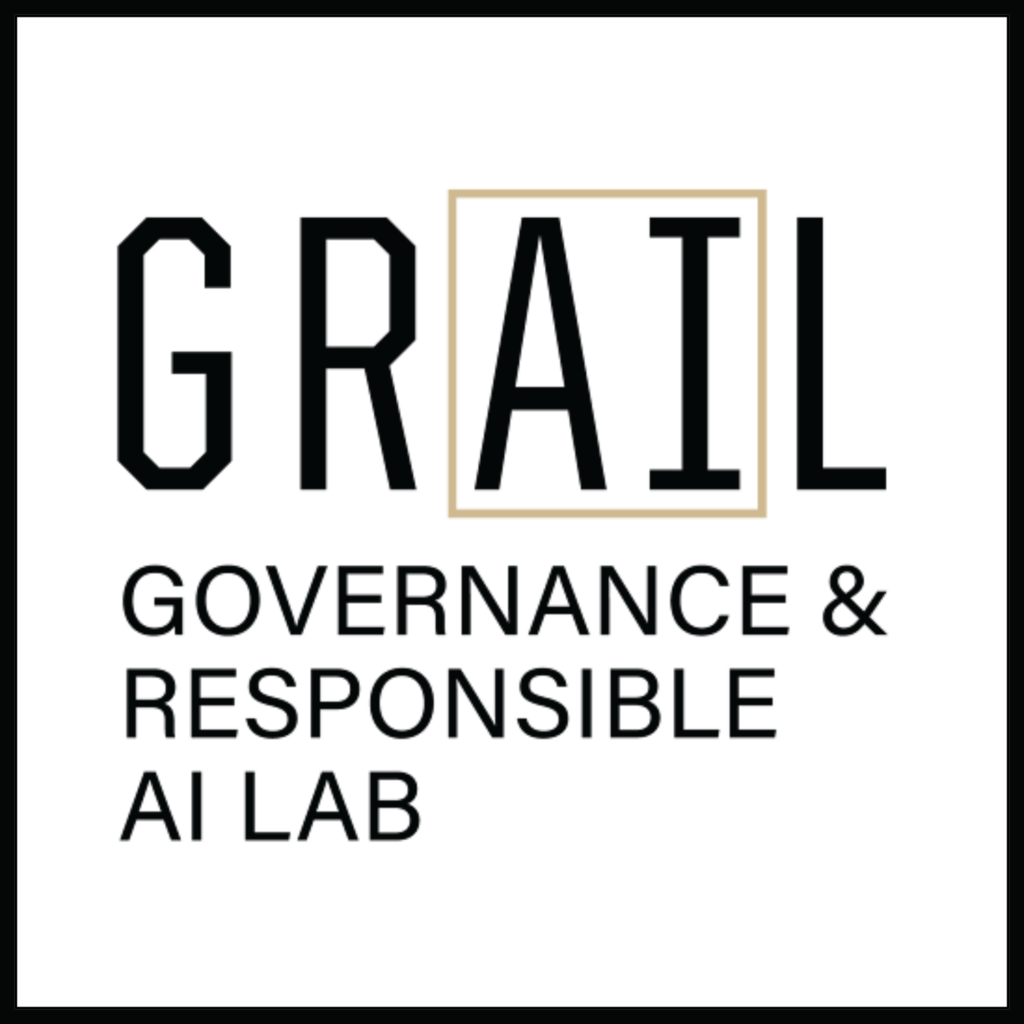

✍️ By Tasneem Ahmed.
Tasneem is an Undergraduate Student in Political Science and a Research Assistant at the Governance and Responsible AI Lab (GRAIL), Purdue University.
📌 Editor’s Note: This article is part of our AI Policy Corner series, a collaboration between the Montreal AI Ethics Institute (MAIEI) and the Governance and Responsible AI Lab (GRAIL) at Purdue University. The series provides concise insights into critical AI policy developments from the local to international levels, helping our readers stay informed about the evolving landscape of AI governance. This piece spotlights Kenya’s National AI Strategy for 2025-2030, focusing on recent comprehensive actions taken within Kenya to develop its AI initiatives.
The Kenya National AI Strategy
After Mauritius drafted its AI Strategy, multiple countries in Africa have focused on adopting AI policies from international policies, such as the African Union Continental AI Strategy, to national policies seen in Egypt, Rwanda, and most recently, Kenya.
Last March, Kenya released its National AI Strategy for 2025-2030, outlining the country’s goals and potential strategies for creating a global and inclusive AI program. This was achieved by outlining three main pillars and four enablers to guide the creation of policy and regulation.
Pillar One: AI Digital Infrastructure
This pillar focuses on developing accessible and sustainable AI infrastructure by creating advanced connectivity systems, increasing the number of local data centers, such as the East Africa Innovation Lab, and utilizing green energy sources within AI infrastructure. The Strategy mentions that it is necessary to work with international partnerships and research institutions while also focusing on domestic facilities to create a safe system.
Pillar Two: Data
This pillar addresses the need for a data governance framework that ensures transparency, accountability, and security when handling data, especially when disclosing data to stakeholders. It also discusses the creation of AI training datasets and the need for more professionals trained to work with the collection, annotation, and organization of datasets within Kenya.
Pillar Three: AI R&D and Innovation
To successfully implement the first and second pillars, substantial research is required on solutions for local issues, as well as creating and supporting startups and SMEs, and fostering an industry that encourages innovation, growth, and competitiveness. This requires establishing research hubs, funding research and collaborations within the industry, and promoting open and accessible research practices.
Enablers
The foundational pillars of the Kenya National AI Strategy are supported by four enablers, which are methods to ensure the successful execution of the pillars.
1. Talent Development: By modifying the school curriculum to include instruction in basic AI skills, such as programming, ethics, and computation, and fostering partnerships with international institutions, there will be an increase in experts who understand AI policy and data science.
2. Governance: A comprehensive AI framework addressing legal and regulatory strategies, incentives for compliance, and oversight methods is necessary to create an industry standard for Kenya that focuses on mitigating AI risks and ethical violations.
3. Investments: The inclusion of both the private and public sectors, through government research, promoting local businesses, and incentives for private capital, is vital for the most efficient innovations and solutions.
4. Ethics, Equity, and Inclusion: By advocating for ethical, responsible, and inclusive AI strategies, such as AI literacy and participation from all groups, Kenya’s foundational mission of improving the socioeconomic status of its citizens may be achieved.
The pillars and enablers are designed to guide future policy development in Kenya. Since releasing the Strategy, Kenya has utilized it to integrate AI within multiple sectors of its society.
Recent AI Developments in Kenya
- KICTANet has collaborated with MindHYVE.ai and DV8 Infosystems to further develop Kenya’s National AI Strategy.
- African countries, such as Kenya, have developed the Artificial Intelligence Hub for Sustainable Development with Italy and the United Nations Development Programme.
- Simba AI has collaborated with Cassava Technologies and NVIDIA to establish an AI factory in Kenya, introducing a chatbot that processes and supports underrepresented languages.
